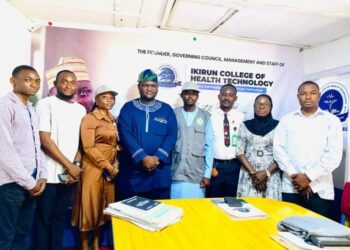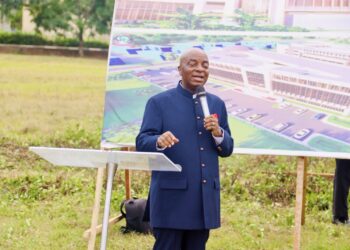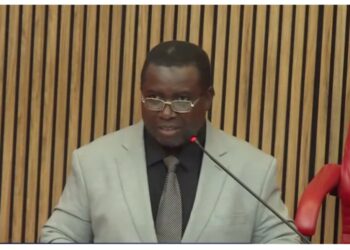Prominent legal luminary and elder statesman, Chief Afe Babalola (SAN), has strongly advised the Federal Government to halt the approval of new universities in Nigeria, warning that the proliferation of poorly-equipped institutions is eroding the quality of higher education in the country.
Speaking at the opening session of the High-Impact Research and Journal Advancement Workshop held at Afe Babalola University, Ado-Ekiti (ABUAD), on Monday, Babalola decried the rising number of tertiary institutions springing up without adequate infrastructure, qualified personnel, or effective regulatory oversight.
The founder of ABUAD expressed concern that Nigeria’s focus on increasing the number of universities, rather than prioritising quality, is a threat to national development. He recalled a time when the process of obtaining approval and accreditation—particularly for critical disciplines such as Medicine, Engineering, and Law—was rigorous and merit-based under the leadership of former National Universities Commission (NUC) Executive Secretary, Professor Peter Okebukola.
“But what do we have today?” Babalola asked. “Licences are now easily granted to mushroom universities lacking even the most basic academic facilities.”
He criticised the current regulatory role of the NUC, alleging that the body now adopts an “anything-goes” approach that compromises quality assurance. According to Babalola, Nigeria currently has over 270 universities, with fresh proposals before the National Assembly seeking approval for an additional 200 institutions.
“This is alarming,” he said. “We are prioritising numbers over standards, and the result is a generation of graduates unprepared for the demands of the modern world. Poor education is more dangerous than illiteracy.”
He stressed that impactful research and innovation—which are crucial to the country’s development—cannot thrive in a weak academic environment.
Also speaking at the workshop, Professor Peter Okebukola echoed Babalola’s sentiments, urging Nigerian universities to pursue international collaborations and focus on high-impact research publications. He emphasised that quality education, not unchecked expansion, would elevate Nigeria’s academic standing globally.
Both Babalola and Okebukola called for a complete overhaul of the university licensing system, advocating for stronger investment in academic infrastructure, adherence to regulatory standards, and strategic global partnerships.
Their shared position was clear: Nigeria’s path to sustainable development must begin with restoring integrity and quality to its higher education sector.


















































































 EduTimes Africa, a product of Education Times Africa, is a magazine publication that aims to lend its support to close the yawning gap in Africa's educational development.
EduTimes Africa, a product of Education Times Africa, is a magazine publication that aims to lend its support to close the yawning gap in Africa's educational development.